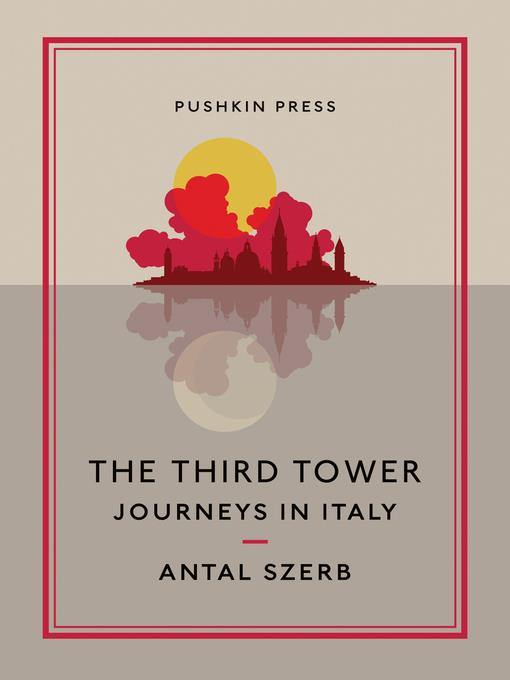
The Third Tower
- اطلاعات
- نقد و بررسی
- دیدگاه کاربران
نقد و بررسی

September 15, 2014
In this melancholic travelogue, first published in Hungarian in 1936, Szerb writes, "My impressions of Italy always feel like the last visions of a dying man," and the reader can sense the whole weight of the catastrophe to come; and can not help but immediately think of Szerb's tragic death in a labor camp in 1945. Translated by Len Rix, this slim, elegant volume traces Szerb's farewell journey to his beloved Italy. Written in short chapters with titles such as "A Thought" (only a paragraph long, asking whether the water or the city first populated Venice) or simply "Bologna," the prose is intimate and disarming; as if we are on the train with Szerb, looking over his shoulder as he writes his notes. While nominally it is an account of Szerb's solitary travelsâhe sees the sites most tourists seem to search forâwhat elevates it is Szerb's ability to not only describe the physical landscape but the mentalâsitting on a train becomes a meditation on solitude; Venice is femininity, "mysterious and alluring"; and the third tower of San Marino stands for the individual spirit, in defiance of fascism. Szerb deftly weaves Italy's timeless allure ("everything there is so old") with observations on its contemporary fever, which is "as terrifying as the Day of Salvation." With the weight of hindsight, the work's final words echo with sadness and hope: "Whatever becomes of Europe, trust in your inner stars. Somewhere, always, a Third Tower will wait for you. It's enough."




دیدگاه کاربران